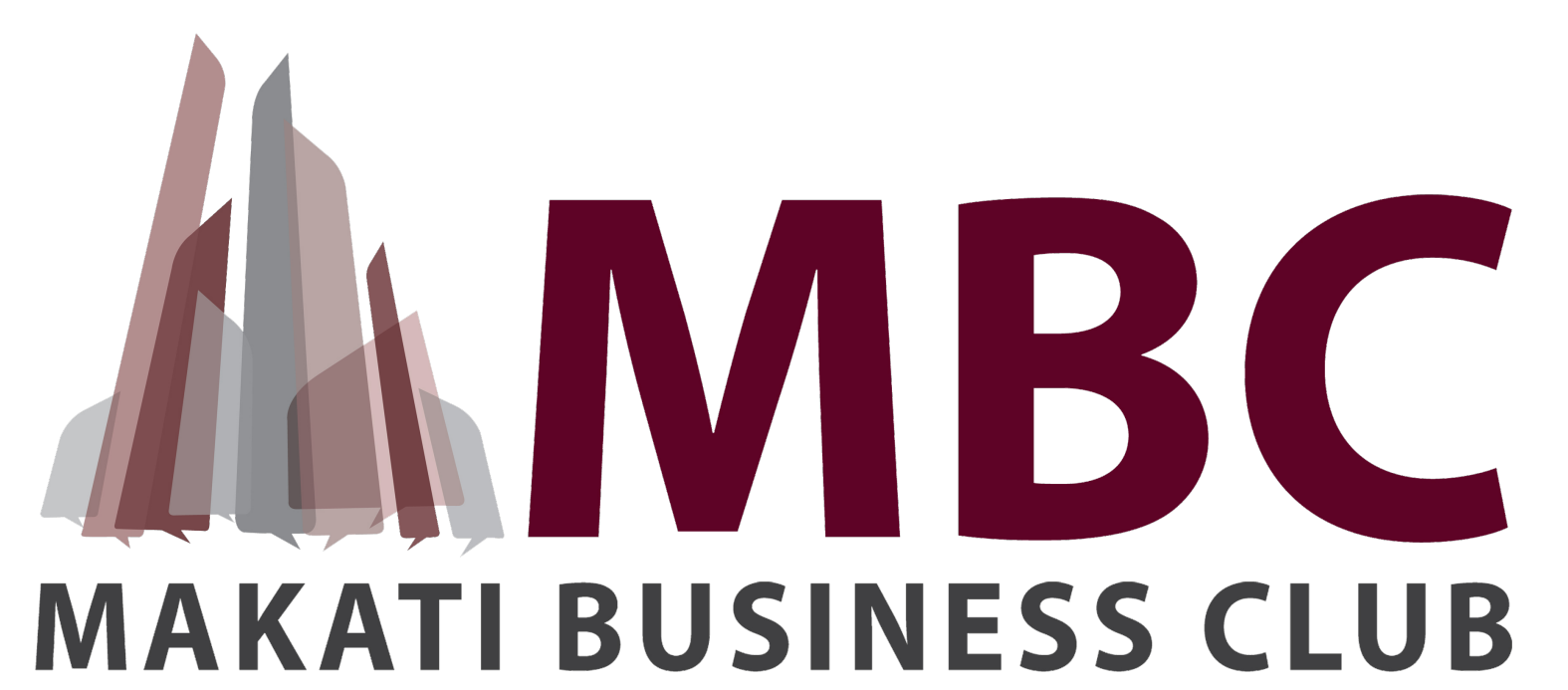Policy Note: Private Sector Eager to Unlock Offshore Wind Potential, Calls for Clarity and Coordination
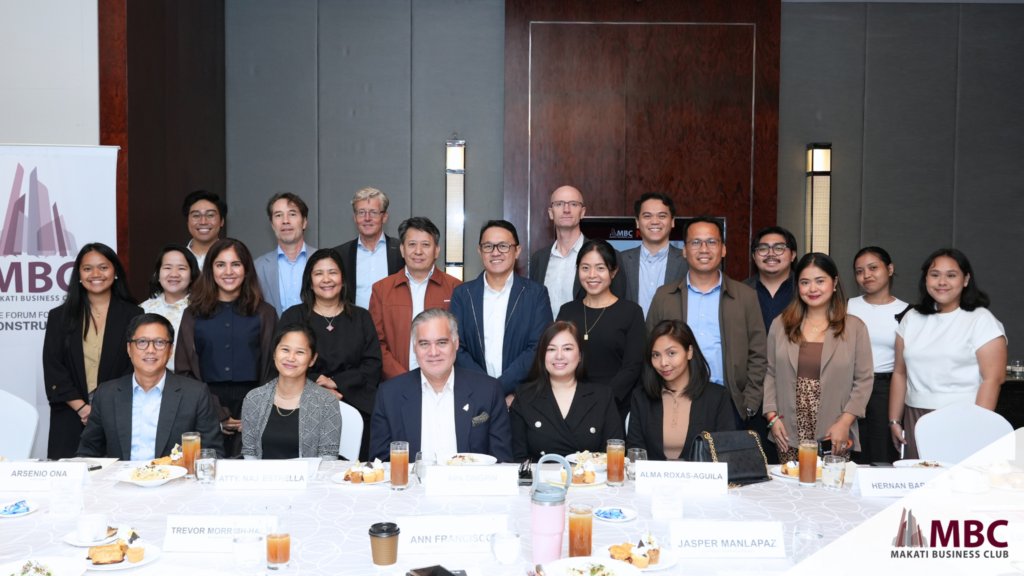
19 June 2025 – Private sector leaders recently joined a roundtable discussion to explore the opportunities and challenges in developing offshore wind (OSW) energy in the Philippines.
In a recent closed-door roundtable hosted by Makati Business Club (MBC) and the Embassy of the Kingdom of the Netherlands to address critical implementation challenges for offshore wind (OSW) energy in the Philippines, industry stakeholders began identifying the most critical issues that need to be addressed to advance OSW development.
Offshore wind is seen as essential to the country’s clean energy goals, with service contracts already awarded for up to 65 gigawatts (GW) of potential capacity. Yet, the industry is facing serious roadblocks that could delay the delivery of even the first kilowatt-hour by the government’s 2028 target.
Participants, including developers, financiers, and infrastructure experts, agreed that OSW offers enormous potential, but also comes with unique complexity. Compared to solar or onshore wind, which can be built relatively quickly, offshore wind needs long-term planning, large-scale infrastructure, and consistent public-private investment.
Some of the most urgent issues raised during the roundtable included:
- Lack of ready port infrastructure that meets international logistics standards. This is a critical bottleneck requiring two to three years for planning, design, and construction– even before accounting for permits.
- Uncertainty around grid integration and transmission. Participants raised the need for clear timelines and guidance on where and when they can connect to the grid. Concerns about potential curtailment, in the absence of guaranteed dispatch, also threaten project timelines.
- Questions around how the seabed can be used came up as a major concern. Participants shared that the current rules make it harder for banks to feel secure, especially if a project gets delayed or runs into financial problems. Making the leasing process clearer and setting out how offshore wind assets are handled was seen as important to help make financing easier.
- Misaligned pricing mechanisms. OSW’s high upfront costs are not reflected in current electricity prices, making cost recovery for things like port and transmission infrastructure harder. Tariff indexation and similar mechanisms were suggested to balance risks and ensure long-term viability.
Despite these challenges, the roundtable expressed optimism and strong alignment across sectors. There was broad agreement that the Philippines can meet its OSW goals-but only if government and industry act together, with clarity, consistency, and urgency. International financial institutions were also mentioned as potential partners to help fill financing gaps for early-stage projects
This session is the first in a two-part series by MBC. A follow up session is being organized to bring these private sector insights into focused conversation with key government agencies .
We welcome continued engagement in our sustainability agenda. If you are interested in knowing more of this initiative, please contact our Sustainability Lead, Eunice Tanilon, at eunice.tanilon@mbc.com.ph and our Sustainability Project Officer danii.nepomuceno@mbc.com.ph
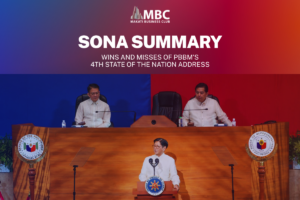
SONA Summary: Wins and Misses of PBBM’s 4th State of the Nation Address
5 August 2025 – Makati Business Club would like to share below a summary and quick analysis of PBBM’s 4th State of the Nation Address
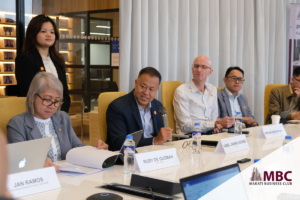
Policy Note: 2028 Offshore Wind Target Spurs Urgency in Ports, Grid, and Policy Reforms
Policy Note: 2028 Offshore Wind Target Spurs Urgency in Ports, Grid, and Policy Reforms 09 July 2025 – Makati Business Club, in partnership with the
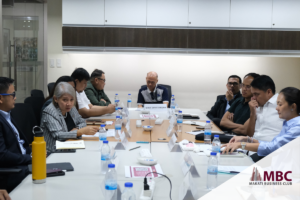
Policy Note: Waste-to-Energy Momentum Builds in the Philippines
Policy Note: Waste-to-Energy Momentum Builds in the Philippines 24 June 2025 – Key government agencies and private stakeholders came together at the Makati Business Club
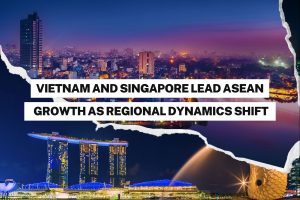
ASEAN 6 GDP: Vietnam And Singapore Lead ASEAN Growth As Regional Dynamics Shift
ASEAN 6 GDP: Vietnam And Singapore Lead ASEAN Growth As Regional Dynamics Shift Country Q1 Q2 Q3 Q4 2025 Indonesia 4.87 5.12 5.04 5.39 5.11
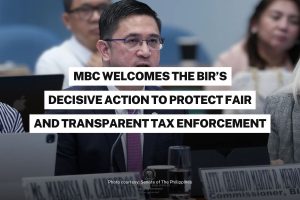
MBC Welcomes the BIR’s Decisive Action to Protect Fair and Transparent Tax Enforcement
MBC Welcomes the BIR’s Decisive Action to Protect Fair and Transparent Tax Enforcement 24 February 2026 – The Makati Business Club commends Bureau of Internal
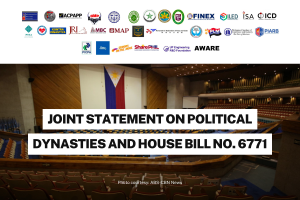
Joint Statement on Political Dynasties and House Bill No. 6771
Joint Statement on Political Dynasties and House Bill No. 6771 13 February 2026 – The absence of an effective Anti-Dynasty Law has allowed political power
